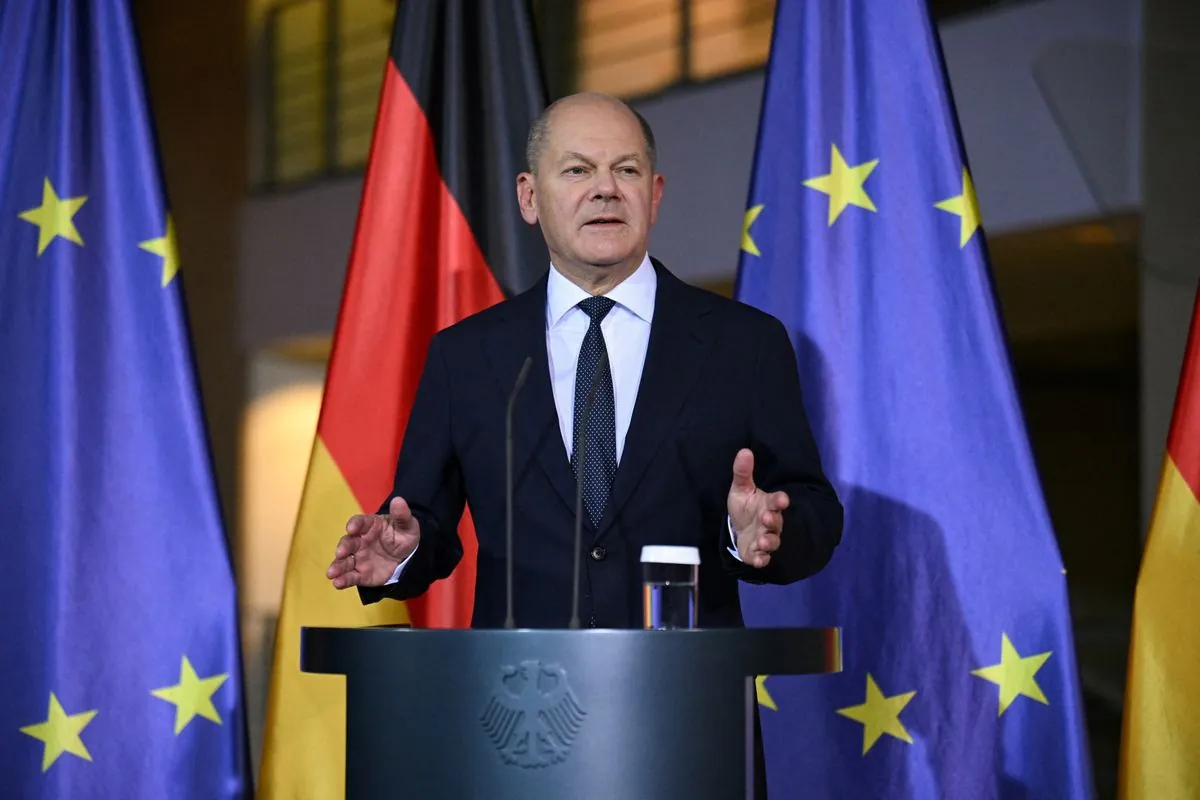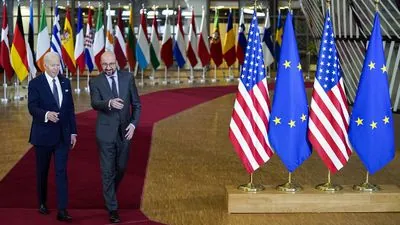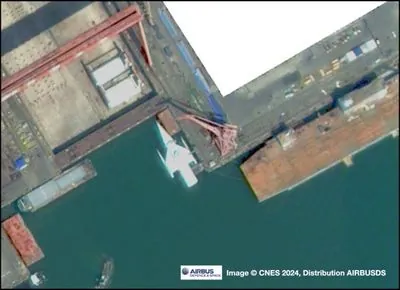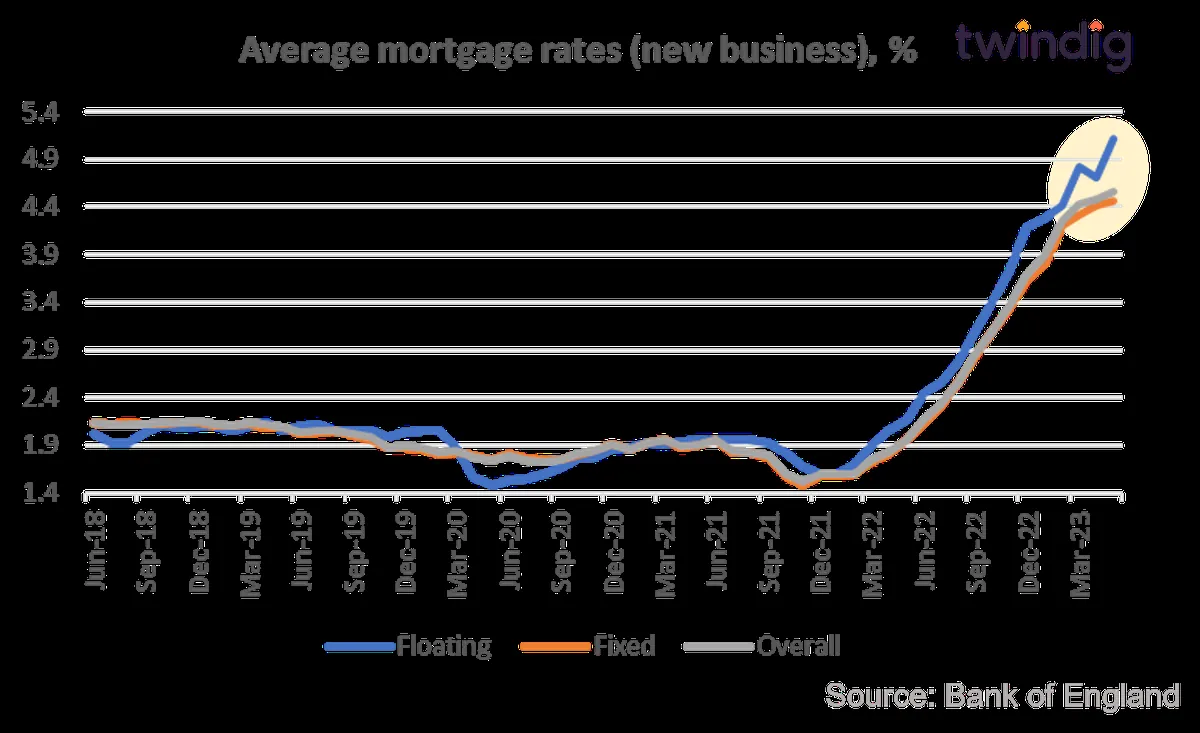Ex-Navy commander explains why UK's maritime power needs urgent attention
British naval forces face critical challenges in ship-building maintenance and combat readiness. A former commander shares his take on whats needed to fix UKʼs maritime defense capabilities

In the run-up to next summers NATO summit Donald Trump might demand all members spend 3% of GDP on defense - a step-up from his 2018 request for 2% that caused quite a stir
The Royal Navyʼs problems need fixing in three main areas: keeping-things-running‚ ship-making‚ and fighting-power. The first issue (which isnt exciting but super-important) means fixing basic stuff like pay and buildings. The Royal Fleet Auxiliary is in real trouble with only enough chief engineers to run 3 ships; thats a big-time problem
The ship-building situation is pretty rough: maintenance takes way too long and building new ones is super-slow. The Type-23 frigates are getting old but their replacements (Type-26) arent ready yet; meanwhile Type-45 destroyers need major fixes to their power systems. Even worse - our nuclear sub docks are all full which means attack submarines cant get fixed when needed
The traditional role of the Royal Navy is not to act on the defensive but to prepare to attack the force which threatens
When it comes to fighting-power our ships dont have enough weapons: Type-45s only have 48 missile cells (all defensive) while US ships pack 96. The Red Sea events showed how this limits what we can do. We need more missiles anti-ship weapons and better drones - but real ones not just cheap replacements
Numbers are a huge issue too: weʼve got 6 Type-45s when we should have 12; getting 8 Type-26 frigates instead of 18; only 5 Type-31s and 7 attack subs instead of 12. Back in cold-war times we had over 150 ships and subs (with 4% GDP spending) - thatʼd make more sense today
Will Trumps possible return change UK defense spending? Probably not much. Even with Russia causing trouble Ukraine at war Middle East heating up and Indo-Pacific tensions the UK hasnt done much. Recent budget choices show other priorities: NHS got £22bn while Defense only got £3bn





























